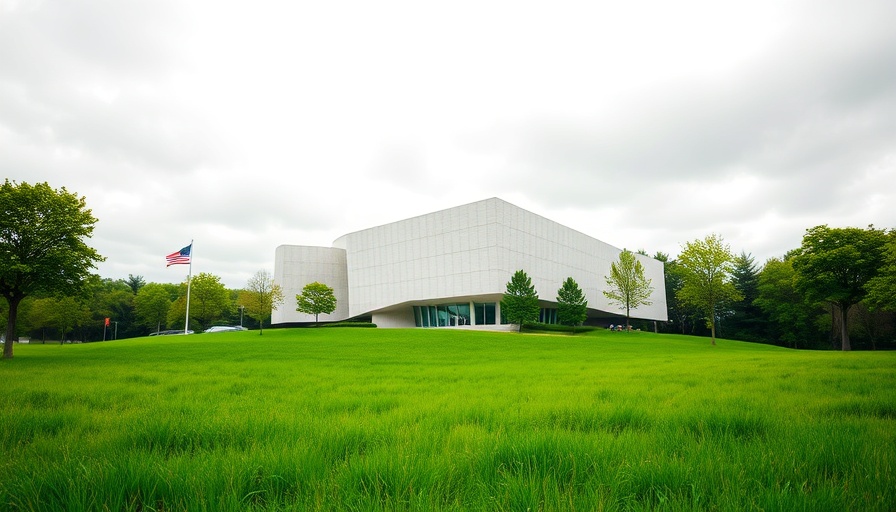
Understanding the Role of Black History in Our Faith
The narratives we tell about history directly influence how we view our communities today. The Smithsonian Museum’s approach to Black History, particularly regarding civil rights, must embrace truth and depth—no matter how uncomfortable that may be. For families grounded in Christian faith, understanding this history is vital. It allows us to see God’s hand in the struggles and triumphs of those who came before us.
Why Half-Truths Fall Short
When it comes to the storytelling of Black history, half-truths fail to convey the full journey from bondage to freedom. They overlook the pain, resilience, and faith that have forged the way for future generations. As the museum displays these narratives, they offer an opportunity for open conversations within families about civil rights, justice, and biblical truths that guide our discussions. Without full disclosure, we risk mischaracterizing the people involved and the lessons to be learned.
The Power of Connection and Conversation
For intergenerational family units, sharing these stories creates a bond stronger than any textbook can provide. It’s not just about what happened but about understanding God's perspective on justice and mercy through the lenses of those who fought for their lives and rights. Encouraging our young ones to engage with these narratives fosters a sense of empathy and social responsibility, core tenets of our faith.
Lessons from the Past: The Church’s Role
Reflecting on Black History offers valuable insights into how the Church can serve today. The injustices faced in the past challenge us to be proponents for change in our communities. As we gather for worship or fellowship, we can use these discussions as a springboard for prayer, action, and unity. Underlining our commitment to love all people, as prescribed in Scripture, helps illuminate paths to reconciliation.
A Call for Honesty in Storytelling
As families, we must advocate for honest, detailed storytelling in museums and other cultural spaces. By showing the commitment of those who sacrificed for freedom, we not only honor their legacy but also inspire our children to carry the torch. They should learn that as believers, engaging with the world involves navigating tough conversations, understanding broadly, and responding with compassion.
Engaging with the Present and Future
The essence of Black History extends beyond a time in the past; it directly influences our present and shapes our future. The principles of justice, unity, and love challenge us to contribute to a healthier society. Not only does understanding where we came from encourage better choices today, but it also empowers us to dream for a just tomorrow for all. As faith-centered families, our commitment to these principles ensures a legacy of truth and hope for future generations.
To engage further with Black history and its relation to our faith, consider visiting local museums, participating in community discussions, or volunteering in initiatives that promote social justice. Together, we can weave a more accurate and inspiring picture of our past that uplifts and enlightens.
 Add Row
Add Row  Add
Add 








Write A Comment